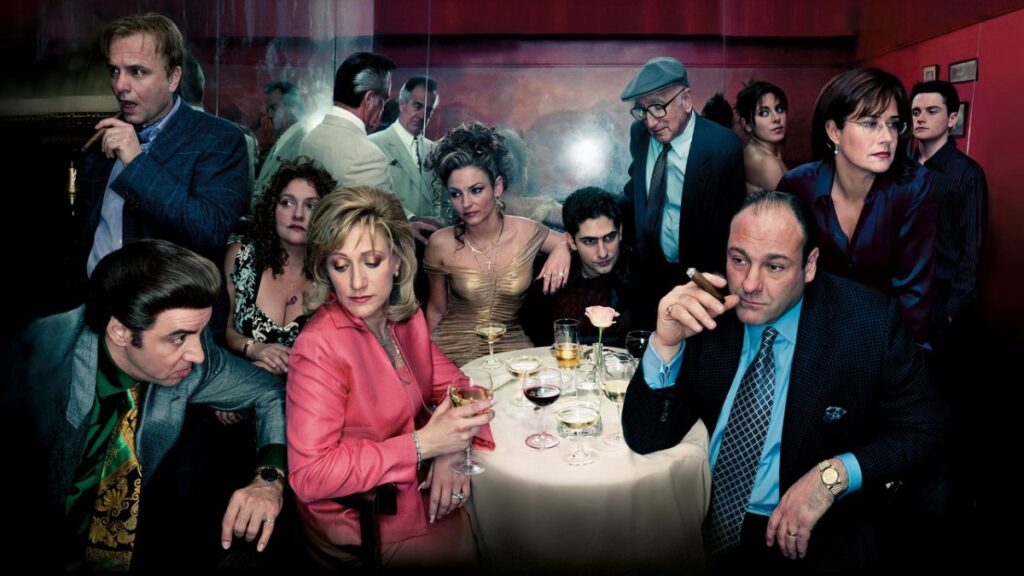Free Range Social Marketing — The Power of Organic Engagement
By Freddie Haydn-Slater
The social media community has been scrambling this week after a simple photo of an egg cracked the world record for the most likes on Instagram, whisking away the title from former record-holder, Kylie Jenner. While Kylie’s post has approximately 18.6 million likes, the egg’s count is steadily growing and has already surpassed 47 million likes (as of this writing.)
This egg defies all the conventional laws of internet virality. Unlike most viral content that gains traction due to humorous or emotional content, this world record holder’s caption reads: “Let’s set a world record together and get the most liked post on Instagram…” This simple call to action was clearly enough to convince the masses to become a part of the “egg gang” movement.
How did this happen? Was it a love of irony that the social media-savvy generation seems to crave? Or perhaps an opportunity for us to all unite over something nonsensical during these divisive times? Instead of brooding over this phenomenon, let’s consider the impact this type of content can have on an engaged audience. The elusive egg, despite being posted by an unknown user, shows how powerful (and unpredictable) organic marketing can be.

“while internet virality is certainly powerful, it is also unpredictable. There are times when companies have to poach on their own territory and reel in their rogue fan base as a seemingly harmless product can quickly hatch into a controversial meme or internet challenge, inciting potentially hazardous situations.”
Recent examples of the power of organic marketing can also be identified when we switch our focus to brands on social media. On January 10, HBO simply tweeted that they would be giving out mobster nicknames in honor of the 20th anniversary of hit show, The Sopranos; the retweets soon followed. HBO began providing custom nicknames in the iconic Sopranos style logo. Household names including Tennis star Roger Federer aka “The Feds,” Italian restaurant chain Olive Garden aka “La Famiglia” and even Home Alone trickster Macaulay Culkin who was aptly named “Filthy Animal” all helped in amplifying the original tweet to viral status. The success of the post can be linked to starting an authentic conversation that encourages camaraderie among brands and individuals by being authentic and funny.
Other brands have also found recent success with the use of interactive content to fuel the organic marketing fire. Last year, “Mayochup,” the mayonnaise and ketchup hybrid Middle Eastern-exclusive Heinz product, was thrust onto people’s social media feeds and resulted in an eruption of thoughts and opinions. Soon afterwards, the Heinz Twitter account responded with a poll offering people a say in whether the product should be offered in America and received an overwhelming response with almost a million votes cast. This resulted in “Mayochup” being introduced to stores nationwide; a major business decision sparked by a humble social media post.
However, while internet virality is certainly powerful, it is also unpredictable. There are times when companies have to poach on their own territory and reel in their rogue fan base as a seemingly harmless product can quickly hatch into a controversial meme or internet challenge, inciting potentially hazardous situations. Earlier last year, the “Tide Pod Challenge” took over the internet as young people filmed themselves consuming the small, colorful (yet inedible) detergent packets. Another, more recent example is the “Bird Box Challenge”, where people perform dangerous tasks like driving and crossing busy streets while blindfolded in response to the popular Netflix film of the same title. In both cases, P&G and Netflix ultimately released statements pleading with their customers to refrain from participating in such dangerous activities. Common sense really flew the coop there.
Overall, there may not be an art or a science to internet virality, and if an egg can get 47 million Instagram likes, there’s clearly much left to learn. However, we can look to brands like Moonpie, Steak-umm and Wendy’s who receive regular success through their organic audience engagements by being clued into the latest internet trends and relating to their audience. This helps them remain flexible, relevant and authentic in their communications with their followers and shows why social media managers should remain abreast of pop culture and the conversation surrounding their brands for consistently strong engagement. If you can do this, you will successfully embrace your brand, stay true to your tone of voice and customers will flock to you.





